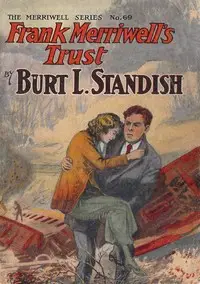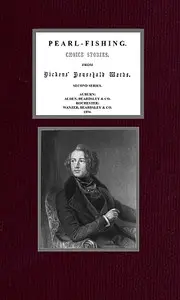"Bartleby, the Scrivener: A Story of Wall-Street" by Herman Melville, shares the strange account of a legal copyist who uses a peculiar way of resisting work: by passively saying, "I would prefer not to." Narrated by a lawyer, the story follows the lawyer's perplexing relationship with Bartleby, a new employee who begins as a great worker but soon refuses to do anything at all. Facing Bartleby's increasing refusal, the lawyer deals with feelings of annoyance, sympathy, and wonder. Bartleby's strange behavior highlights his deep separation from the rest of the world. The story ends sadly with Bartleby's death in prison, hinting at deeper questions about what it means to be human, the meaning of life, and the effects of society ignoring those in need. Through the interactions between the lawyer and Bartleby, Melville creates a sad commentary on modern life and the struggles of people within a heartless world.

Bartleby, the Scrivener: A Story of Wall-Street
By Herman Melville
In the heart of Wall Street, a lawyer's world turns upside down when a new employee's simple phrase, "I would prefer not to," becomes an act of profound rebellion.
Genres
Released
2004-02-01
Formats
epub3 (images)
epub (images)
mobi (images)
mobi
epub
txt
Free Download
Summary
About the AuthorHerman Melville was an American novelist, short story writer, and poet of the American Renaissance period. Among his best-known works are Moby-Dick (1851); Typee (1846), a romanticized account of his experiences in Polynesia; and Billy Budd, Sailor, a posthumously published novella. At the time of his death Melville was not well known to the public, but 1919, the centennial of his birth, was the starting point of a Melville revival. Moby-Dick eventually would be considered one of the great American novels.
Herman Melville was an American novelist, short story writer, and poet of the American Renaissance period. Among his best-known works are Moby-Dick (1851); Typee (1846), a romanticized account of his experiences in Polynesia; and Billy Budd, Sailor, a posthumously published novella. At the time of his death Melville was not well known to the public, but 1919, the centennial of his birth, was the starting point of a Melville revival. Moby-Dick eventually would be considered one of the great American novels.
Total Reviews
10.0k
Total reviews from Goodreads may change



















